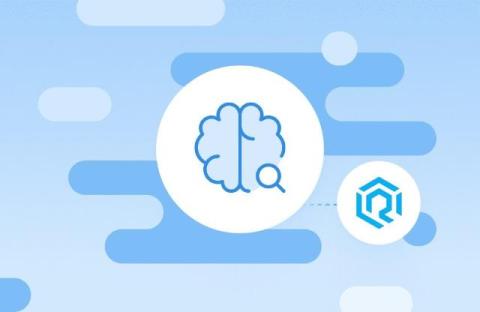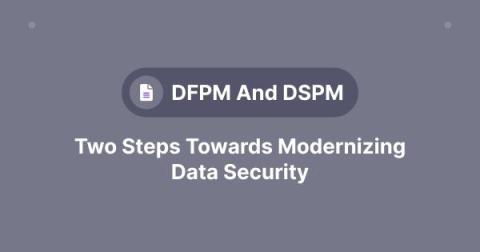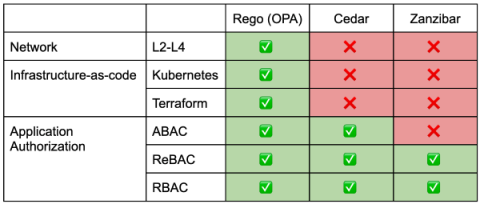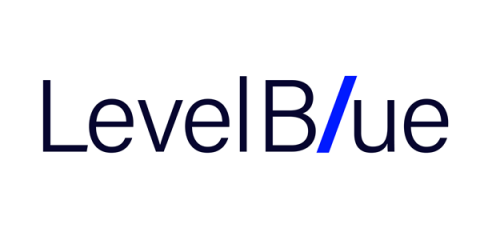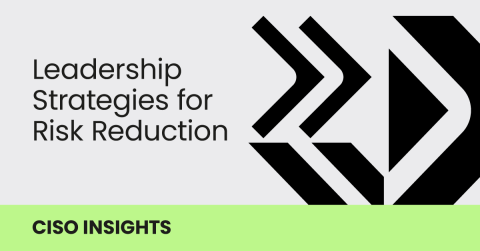Responsible AI Licenses (RAIL): Here's What You Need to Know
Responsible AI Licenses (RAIL) are a class of licenses created with the intention of preventing harmful or unethical uses of artificial intelligence while also allowing for the free and open sharing of models between those who intend to use and improve them for authorized purposes. Anyone can make their own version of RAIL for their model, and in doing so can create more or less restrictions than those detailed in the template licenses.


